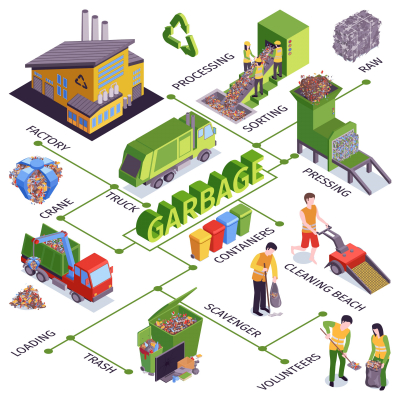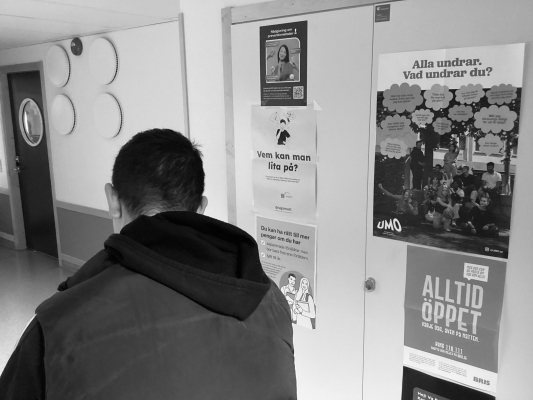Racism in Today's Society: An Ongoing Challenge
By COLEGIUL NAțIONAL PEDAGOGIC, MIRCEA SCARLAT
Published 2025-09-30 14:51
Racism, a deeply entrenched issue with roots stretching back centuries, continues to pervade modern society in both overt and subtle forms. Despite significant strides in civil rights and equality, systemic discrimination and racial prejudice remain pressing challenges. Understanding and addressing the multifaceted nature of racism today is crucial in the ongoing struggle for a more just and equitable world.
Racism, a pervasive and deeply rooted issue, continues to manifest in various forms across contemporary society. Despite significant progress in civil rights over the past few decades, the persistence of racial prejudice and systemic inequality remains a major concern worldwide. Understanding the complexity of racism today involves exploring its multifaceted nature, including institutional discrimination, social and economic disparities, and the ongoing struggle for racial justice.
Historical Context and Modern Manifestations
The historical context of racism, particularly in countries like the United States, provides a backdrop to its current forms. The legacy of slavery, segregation, and discriminatory laws has left an indelible mark on society. Although overtly racist policies have been dismantled, their effects linger through systemic inequality in education, housing, employment, and criminal justice.
In today's society, racism often manifests in more subtle yet equally harmful ways. Microaggressions—everyday verbal, nonverbal, and environmental slights—perpetuate stereotypes and reinforce a sense of otherness for people of color. For instance, assumptions about a person's intelligence or character based solely on their race reflect deep-seated biases that continue to influence interactions and opportunities.
Institutional Racism and Systemic Inequality
Institutional racism refers to policies and practices within institutions that, intentionally or not, produce outcomes disadvantaging people of color. One clear example is the racial disparities in the criminal justice system. Statistics consistently show that Black and Latino individuals are disproportionately targeted, arrested, and incarcerated compared to their white counterparts. This disparity is not solely due to differences in criminal behavior but also reflects biases in policing, sentencing, and the broader legal system.
Economic inequality is another area where racial disparities are stark. The racial wealth gap, driven by historical and ongoing discrimination, sees white households possessing significantly more wealth than Black and Latino households. Factors such as employment discrimination, wage gaps, and limited access to financial resources contribute to this enduring divide.
The Role of Education and Media
Education and media play crucial roles in shaping societal attitudes towards race. Schools often reflect broader societal inequalities, with underfunded schools in predominantly minority communities leading to lower educational outcomes. These disparities in education contribute to a cycle of poverty and limited opportunities for upward mobility.
Media representations also significantly influence public perceptions of race. Stereotypical portrayals of people of color in television, film, and news can reinforce negative biases and perpetuate harmful stereotypes. Conversely, the media has the power to challenge racism by promoting diverse, accurate, and respectful portrayals of all racial and ethnic groups.
The Struggle for Racial Justice
The fight against racism has gained renewed momentum in recent years, particularly through movements such as Black Lives Matter. These movements have brought widespread attention to issues of police brutality, systemic injustice, and the need for comprehensive reform. They have also sparked global conversations about racism, prompting individuals and institutions to examine their own biases and practices.
Efforts to combat racism involve a range of strategies, from policy changes and legal reforms to grassroots activism and public education campaigns. Important steps include implementing anti-racist policies in workplaces, schools, and other institutions; promoting diversity and inclusion; and supporting initiatives that address economic and social inequalities
Moving Forward
Addressing racism in today's society requires sustained effort and commitment from individuals, communities, and institutions. It involves not only recognizing and challenging personal biases but also advocating for systemic changes that promote equity and justice. Education, awareness, and active engagement are crucial in creating a society where all individuals are treated with dignity and respect, regardless of their race or ethnicity.
The path towards racial equality is long and complex, but through collective action and a commitment to justice, significant progress can be made. By understanding the ongoing impact of racism and working together to dismantle it, we can build a more inclusive and equitable society for future generations.
References: (1) Britannica, (2) Human rights
Writers
|
13 Dec Pupil |
|
13 Oct Pupil |
|
13 Oct Pupil |
|
30 Sep Pupil |
|
30 Sep Pupil |
|
25 Jun Pupil |
|
16 Jun Pupil |
|
10 Jun Pupil |
|
10 Jun Pupil |
|
06 Jun Pupil |
|
06 Jun Pupil |
|
06 Jun Pupil |
|
05 Jun Pupil |
|
31 May Pupil |
|
28 May Pupil |
|
28 May Pupil |
|
25 Apr Pupil |
|
25 Apr Pupil |
|
25 Apr Pupil |
|
25 Apr Pupil |
|
25 Apr Pupil |
|
25 Apr Pupil |
|
11 Apr Pupil |
|
08 Apr Pupil |
|
17 Feb Pupil |
|
17 Feb Pupil |
|
17 Feb Pupil |
|
17 Feb Pupil |
|
31 Jan Pupil |
|
23 Jan Pupil |
|
16 Dec Pupil |
|
13 Dec Pupil |
|
13 Oct Pupil |
|
13 Oct Pupil |
|
30 Sep Pupil |
|
28 May Pupil |
|
28 May Pupil |
|
25 Apr Pupil |
|
25 Apr Pupil |
|
25 Apr Pupil |
|
25 Apr Pupil |
|
25 Apr Pupil |
|
25 Apr Pupil |



































